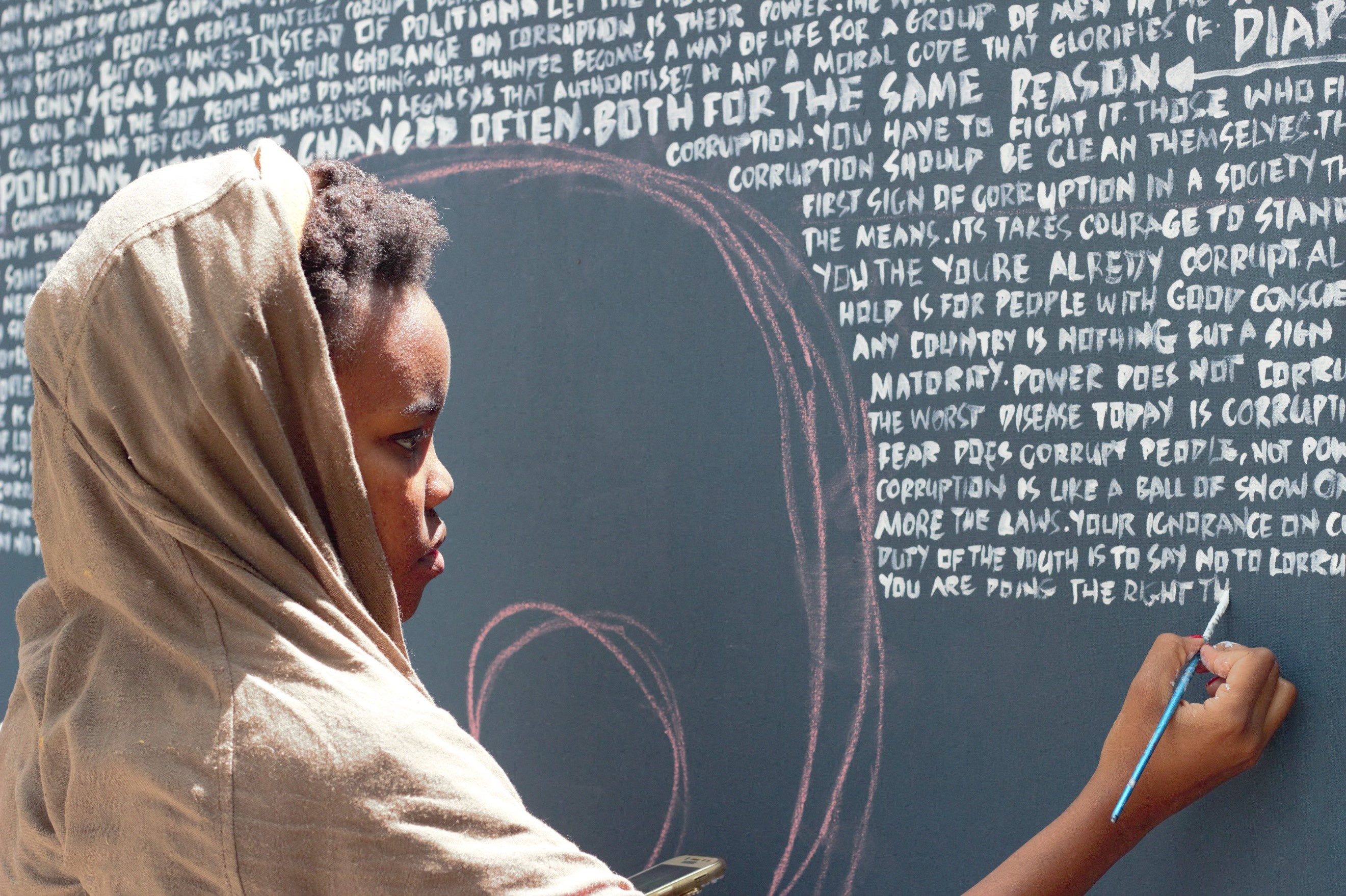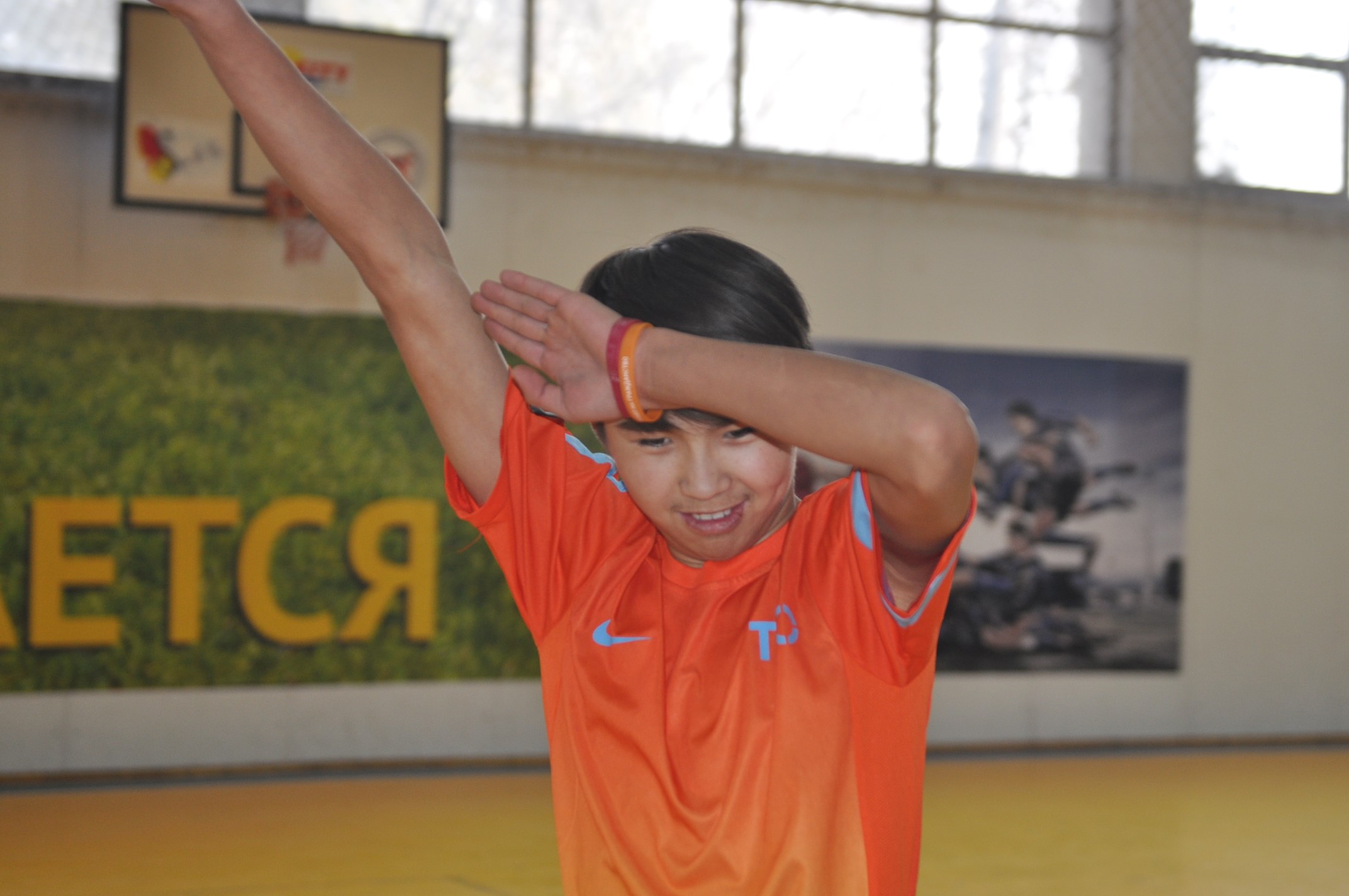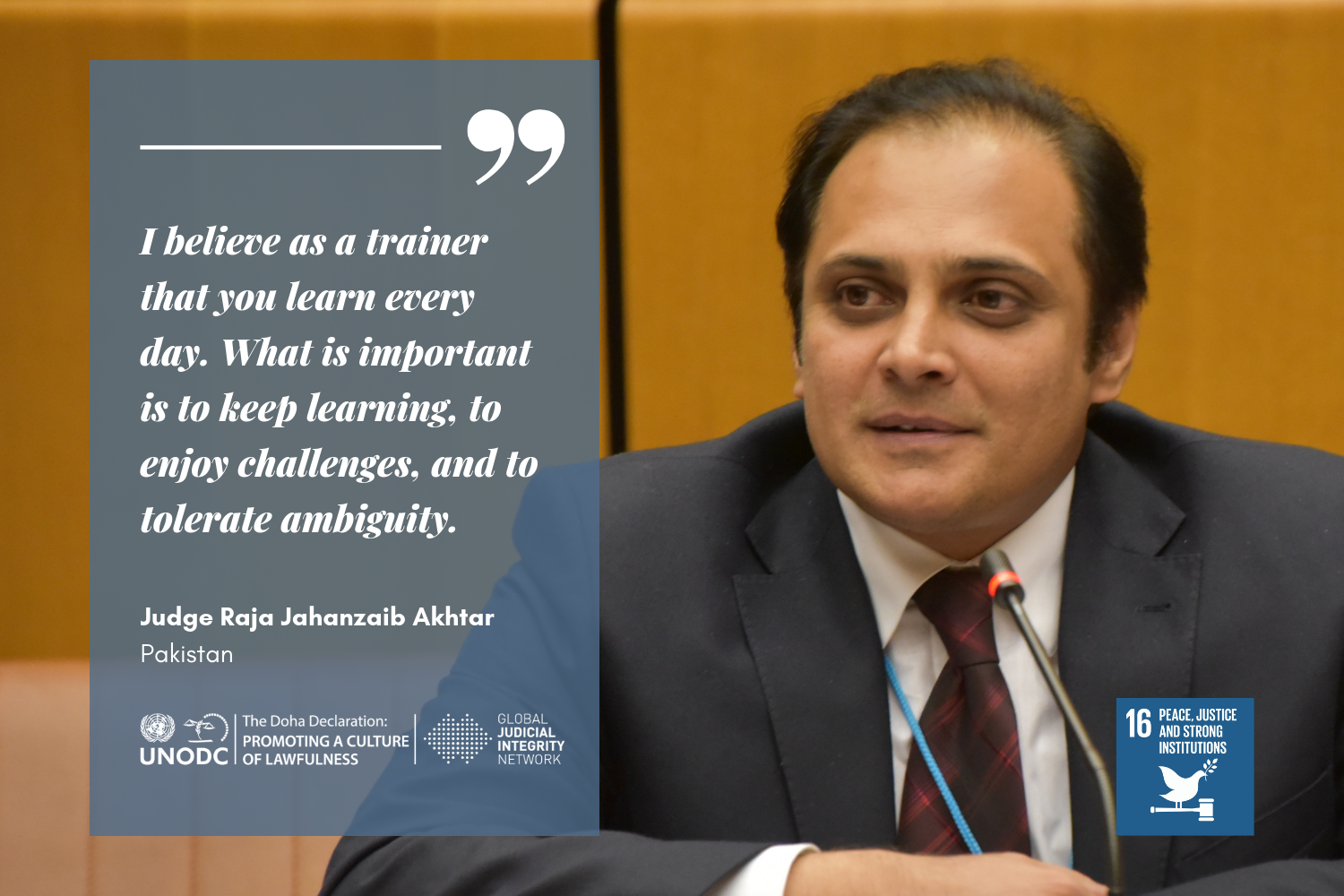Human Rights and the Doha Declaration Global Programme
Injustice anywhere is a threat to justice everywhere. We are caught in an inescapable network of mutuality, tied in a single garment of destiny. Whatever affects one directly, affects all indirectly.
Martin Luther King Jr., Letter from the Birmingham Jail

When the world faces issues such as economic and social hardships exacerbated by the threat of COVID-19, it is human to experience fear. It is also human to take on these injustices and bring on positive changes to make this world a better place for everyone.
The primary focus of UNODC’s Doha Declaration Global Programme is to address social and economic challenges and promote the rule of law at national and international levels, while creating tangible impact through tangible initiatives. These initiatives help protect human rights beyond theoretical domains to practical impact and are centred around four components.
Education for Justice (E4J) provides free educational resources for everyone to better understand and address problems that undermine the rule of law: this whole-of-society approach makes the commitment to protecting human rights sustainable. Dedication and cooperation create coherence that enables us to come together when most needed to counter injustices. One example of this was a team of five girls participating in an E4J hackathon in La Paz. Despite not knowing one other or a great deal about coding, they were able to create a game in which a fictitious world is dominated by monsters representing crimes such as corruption, drug trafficking, and human trafficking that would teach people about the dangers of these activities.


Youth Crime Prevention through Sports aims to equip children with skills that prepare them to participate in society while promoting mental and physical health. The component provides an outlet that helps young people make the right choices in the face of uncertainty concerning drugs and crime and self-doubt that violation of human rights gives rise to. Adyl’s story puts a human face to this component. After leaving an orphanage in Kyrgyzstan, Adyl joined Oasis Foundation supported by UNODC where he has learned about his rights as a human being and has gained essential skills through sports, such as managing emotions and setting goals. “The feeling of internal victory is the most important thing I got through this support,” he says. “I want to give a good example to my brother Asyl to make him proud of me”.
Judicial Integrity is about safeguarding the rights of all individuals to a fair trial, regardless of their origin, gender, or religion. The integrity of public institutions and governance creates trustworthiness that empowers the public to further engage in the advancement of human rights. Judge Raja Jahnazaib Akhtar recalls his participation in a ‘Train the Trainer Workshop’ where he was asked to reflect on principles of social interactions and the biases that too often underlie them. “The biggest challenge remained in converting my knowledge into reality back home in Pakistan”. Judge Akhtar has used his learning to teach judicial conduct and ethics to several judges.


Prisoner Rehabilitation focuses on providing incarcerated individuals with resources and skills that will enable them to reintegrate into society after their release, including through the provision of employment and educational opportunities. Patricia, an imprisoned woman from Bolivia, benefited from the Doha Declaration Global Programme by becoming an Elemental Technician in Civil Construction. This skill will allow her to gain employment while she seeks stability to reconnect with her family.
The four components of the Doha Declaration Global Programme are closely tied together. They build on one another, encompassing human rights across all ages and circumstances to prevent future injustices from occurring.
Taking an individualistic approach is also crucial in implementing this work, in which people are encouraged to identify and resolve pressing problems within their local communities. Choosing the best approach to solving a problem requires a deep understanding of the context in which the problem arises — people facing challenges run the highest chance of solving them if given the appropriate support and resources.
While the COVID-19 pandemic is challenging individuals in many ways, it has also shown us the strength of the human spirit in finding innovative solutions to challenges such as rethinking the rule of law to safeguard a brighter future. Seeing individuals and communities taking action to improve their lives by protecting human rights sustains the Doha Declaration.